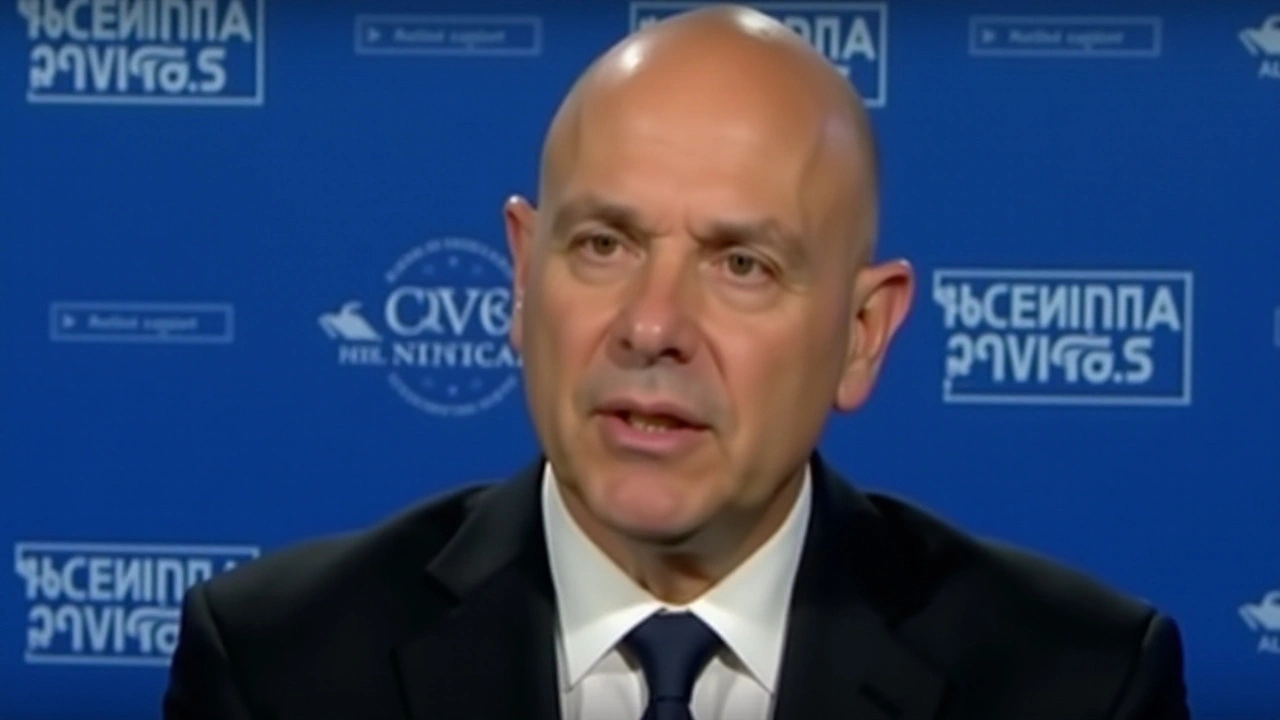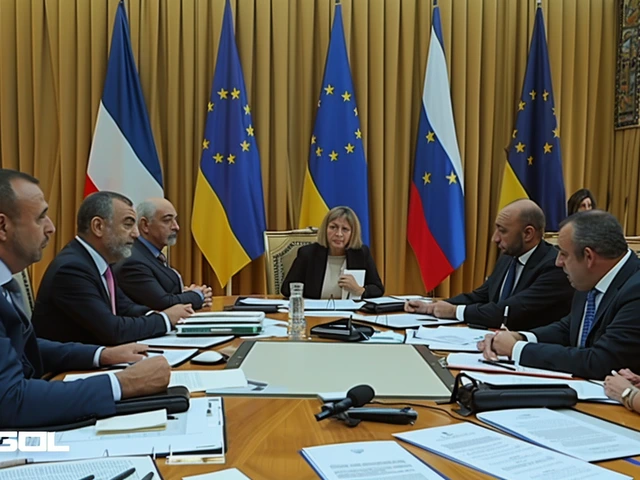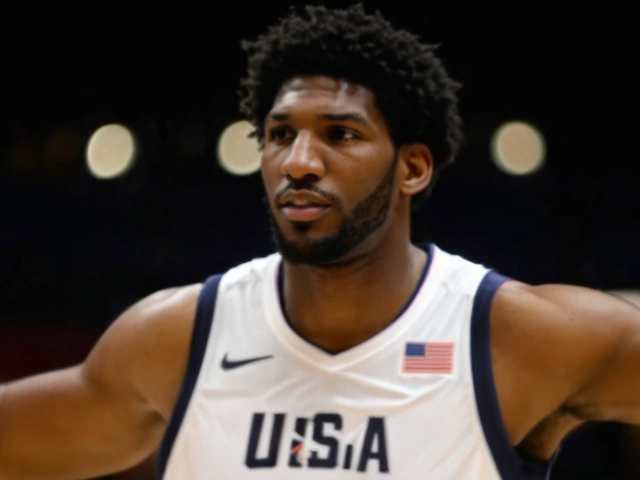UN Secretary-General Calls for Immediate Ceasefire
The escalating conflict between Israel and Iran has reached a critical point, prompting United Nations Secretary-General Antonio Guterres to call for an immediate ceasefire. This urgent appeal reflects the global concern over the rising violence and the dire need to prevent further destabilization in the volatile region of the Middle East. The call for a ceasefire comes amidst a backdrop of heightened tensions after a recent attack by Iran, which has significantly impacted the already fragile relations between the two nations.
Bennett Emphasizes the Need for Strong Action Against Iran
In a new development, Former Israeli Prime Minister Naftali Bennett joined CNN’s Wolf Blitzer to discuss the recent escalation and the need for decisive measures. Bennett, known for his hardline stance on Iran, emphasized the urgent need for a robust international response. He highlighted Iran's aggressive behavior, focusing on its nuclear program and its support for terrorism. These elements, he argued, necessitate a strong and unwavering reaction to deter Iran's bold actions.
Bennett's discourse took place on October 1, 2024, against a backdrop of increased hostilities. According to Bennett, Iran's recent maneuvers are not merely isolated incidents but part of a broader, more sinister agenda that seeks to undermine regional stability and pose a substantial threat to international peace and security. This underscores the necessity for immediate and assertive international action to prevent the situation from deteriorating further.
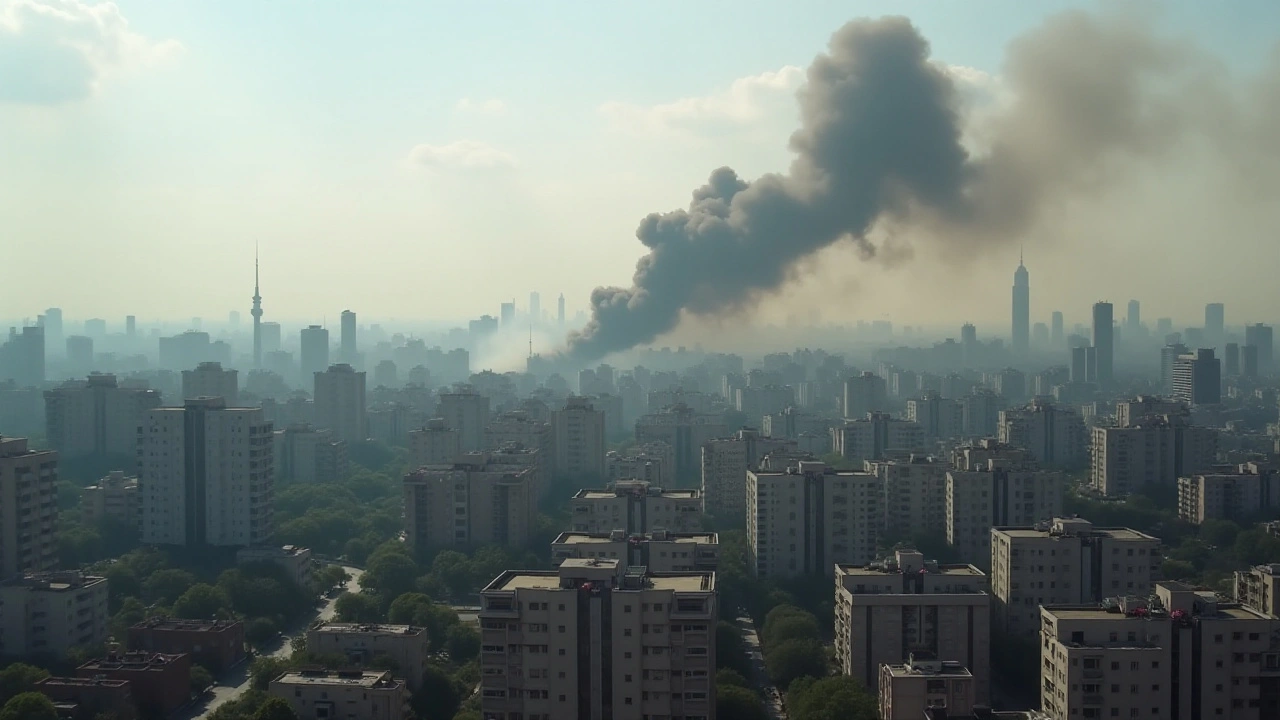
The Context of the Recent Attack
The latest attack by Iran serves as a troubling reminder of the ongoing conflict that has plagued the region for decades. It has reignited fears of a broader confrontation that could have far-reaching consequences. The nature of the attack, while not extensively detailed in media reports, is seen as a significant provocation that demands a strong response from the international community.
Bennett foregrounded the importance of addressing Iran's nuclear ambitions, which have long been a contentious issue in international relations. The former Prime Minister expressed concern over Iran’s potential to develop nuclear weapons, a scenario that he believes would significantly alter the strategic landscape of the Middle East and beyond. The fear is that a nuclear-armed Iran could embolden its aggressive policies and lead to an arms race in the region.
Global Reactions and Responses
The situation has caught the attention of world leaders and international organizations, all of whom are keenly aware of the potential ramifications of the escalating conflict. The United States, the European Union, and various Middle Eastern countries have all expressed deep concern over the latest developments. The call for a ceasefire by the UN Secretary-General is seen as a crucial step towards de-escalation, although its effectiveness will largely depend on the cooperation of the conflicting parties.
Many geopolitical analysts believe that without a concerted international effort to address the root causes of the conflict, peace in the region will remain elusive. The involvement of global powers in mediating and facilitating dialogue between Israel and Iran is perceived as essential for achieving a long-term resolution.
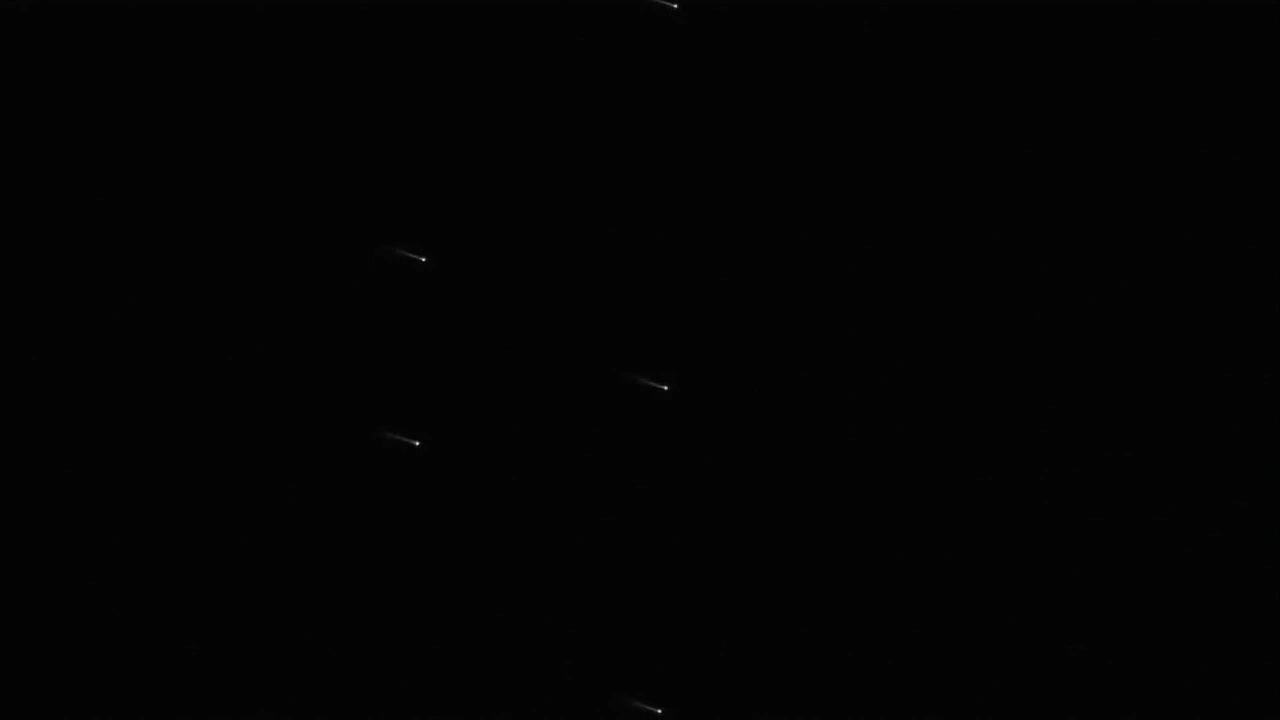
Implications for Regional Stability
The Middle East has long been a flashpoint for conflict, with various geopolitical dynamics playing a role in shaping the current landscape. The latest attack and subsequent calls for action have added a new layer of complexity to the already intricate relations in the region. Countries such as Saudi Arabia, the United Arab Emirates, and Turkey are closely monitoring the situation, given their vested interests and strategic alliances.
There are fears that if the conflict between Israel and Iran spirals out of control, it could trigger a wider regional conflict, drawing in neighboring countries and exacerbating existing tensions. The potential for such an outcome underscores the need for immediate and effective diplomatic intervention to prevent further escalation and promote stability.
The Role of International Diplomacy
International diplomacy is at a critical juncture as world leaders seek to navigate the precarious situation. The role of intermediary nations and organizations in facilitating dialogue between Israel and Iran cannot be overstated. The UN's involvement is particularly significant given its mandate to promote peace and security globally. However, the success of these diplomatic efforts will largely depend on the willingness of both parties to engage in constructive dialogue and find common ground.
The international community faces a daunting task in addressing the myriad challenges posed by the Israel-Iran conflict. It requires a multifaceted approach that includes diplomatic engagement, economic measures, and security guarantees. Only through sustained and coordinated efforts can there be hope for a lasting resolution to the conflict.
The Way Forward
As the world watches the unfolding events, the need for sustained attention and action cannot be overstated. The call for a ceasefire is a necessary first step, but it must be followed by comprehensive measures to address the underlying issues that fuel the conflict. This includes addressing Iran’s nuclear program, its support for terrorist groups, and its aggressive policies towards its neighbors.
Similarly, it is crucial to address Israel's security concerns and ensure that any resolution provides adequate safeguards against future threats. Only by addressing the legitimate concerns of both parties can there be a realistic chance for peace.
The path to peace is fraught with challenges, but with determined efforts and committed diplomacy, there is hope for a more stable and secure Middle East. The international community must rise to the occasion and play its part in fostering dialogue, promoting understanding, and ensuring that the voices of peace and moderation prevail over those of conflict and aggression.

